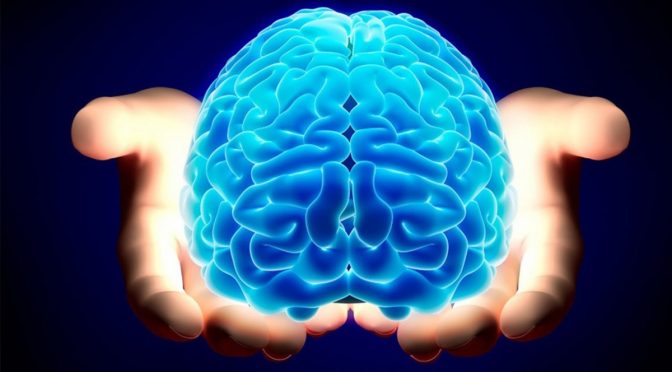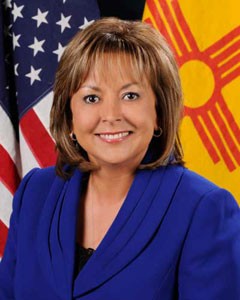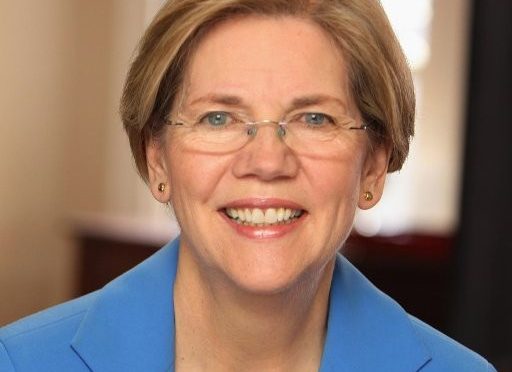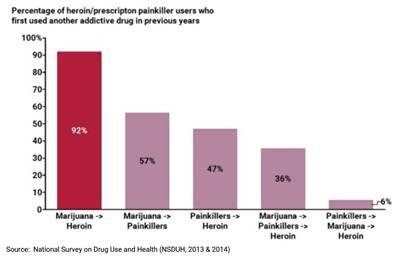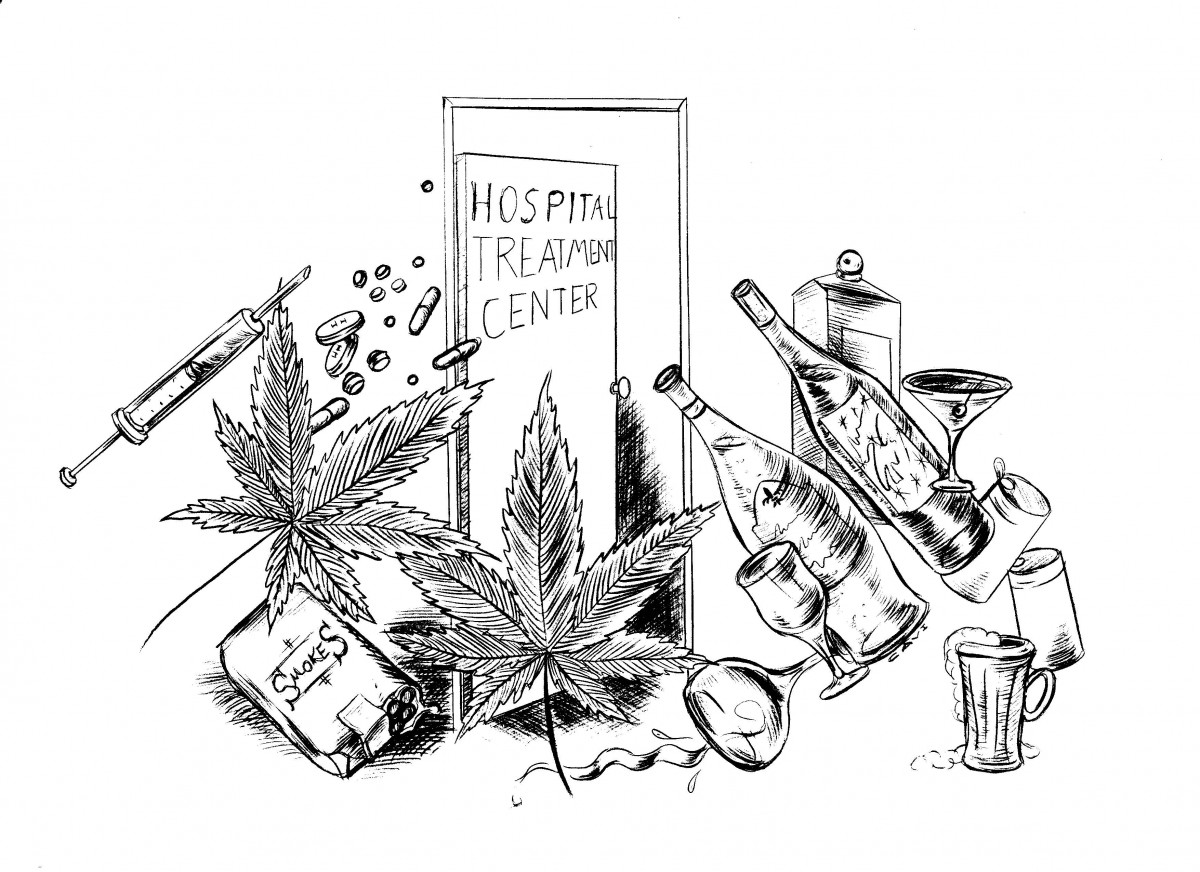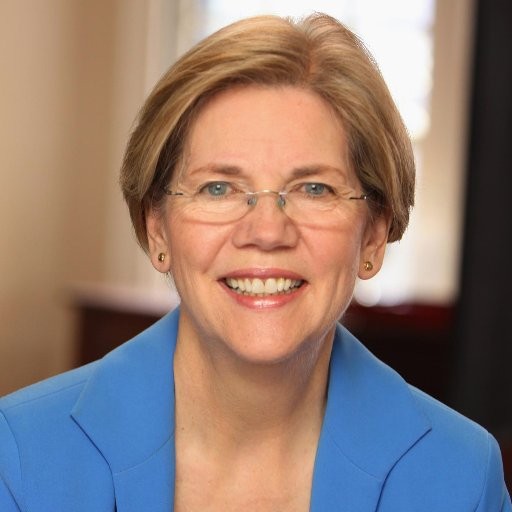Any marijuana use leads to less intelligence potential, less empathy for life, less motivation and poorer decision making. A war on drugs is a protection and defense of our brains. Governor Susana Martinez probably recognizes how Colorado’s marijuana problem leads to the drug epidemic and filters into New Mexico’s substance abuse issues. Read about her veto in Part 1.
One young man who gave us a testimony explained how his marijuana use led directly to heroin addiction.
In Colorado, Dr. Libby Stuyt, addictions psychiatrist, traces a direct line from marijuana legalization to the heroin epidemic. Colorado’s recent report on heroin has shown that the number of deaths from heroin overdose have doubled between 2011 and 2015.
In fact, Pueblo County, has suffered from heroin use and addiction more than any other Colorado county. Pueblo, Denver and Boulder have the highest rates of youth marijuana use. Southern Colorado is suffering the most from the heroin epidemic. Counties that have banned marijuana dispensaries have been affected the least by the heroin.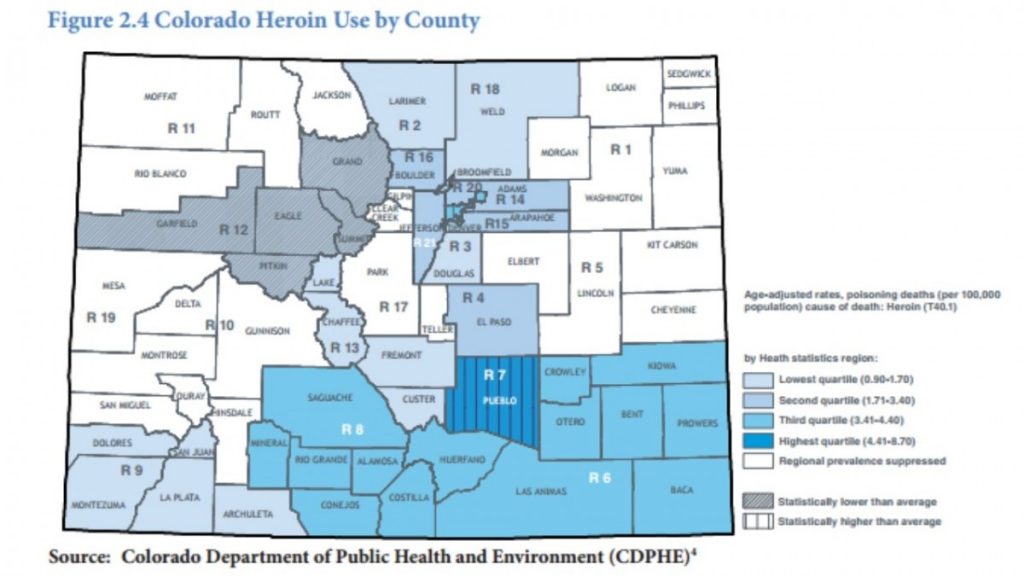
Misunderstanding of the Opioid and Heroin Epidemic
Since the government has clamped down on opiate prescriptions, more users have replaced the pain drugs with heroin. Since the legalization of marijuana, Mexican cartels have replaced much of their marijuana with heroin. Heroin is now cheaper and addicts find it easier to get heroin than prescription pills.
Politically there is a great deal of misunderstanding about the opioid epidemic. If it was initially caused by over prescribing of medications, that’s no longer primarily the case. Seth Leibsohn wrote an insightful article on the subject last week. The abuse of opioid prescriptions acquired legitimately constitutes a small portion of the overdose problem, he said. *
A simple crackdown on prescriptions will not solve the problem, according to Maia Szalavitz. Although Szalavitz misunderstands the inherent danger in using marijuana,* she explains the underlying causes of substance abuse quite well. Impulsive children are at high risk of becoming drug users, but so are some highly cautious and anxious young people. Two thirds of people with opioid addictions have had severely traumatic childhoods, and the more exposure to trauma, the higher the risk. We need to help abused, neglected, fragile and otherwise traumatized children before they turn to self-medication as teens. On the other hand, we should also provide tools and teach coping skills to children who are impulsive, ADHD or anxious. (Overmedicating children doesn’t allow them to develop the skills needed to transition into adulthood.)
Let’s Help People Get off ALL Drugs
Effective treatment for addictions is getting off all drugs, not going to other harmful, brain-altering substances. “The goal in helping a loved one with a substance use problem is not to reduce their use. It is to stop drug use,” according to Sven-Olov Carlsson of Drug Policy Futures. He gave the opening address at the World Federation of Drugs Conference in Vienna last year. As Carlsson said, the current heroin epidemic proves that “harm reduction” is not saving lives.
No one sets out to become an addict. Fortunately, more people and states are realizing the foolishness of allowing “medical” marijuana for intractable pain. It opens up a Pandora’s Box of problems, as in California and elsewhere.
Addiction specialists estimate that one in five American adults is addicted to drugs or alcohol. With such large numbers, there should be no “stigma” attached to addiction or treatment. A new or revised health care act should maintain the provision to treat addiction.
Those who are addicted have a strong need to protect a secret. Their brains have been hijacked and there isn’t a straight path back to previous functioning.
Optimum treatment requires a period of time when the person is not using any substance of addiction in order for the brain to heal. During that time, the person needs to be able to learn new things. The lack of treatment resources which allows this to happen is a big barrier to recovery. Marijuana cannot be used to treat this current drug epidemic.
___________________________________________________________________________* Another recent article explains how doctors began to take pain seriously, treating it as a fifth vital sign. Szalavitz based her 10% addiction rate for marijuana on the weaker pot of the ’70s and ’80s, not the pot of today. She also disregarded teen users of pot.

